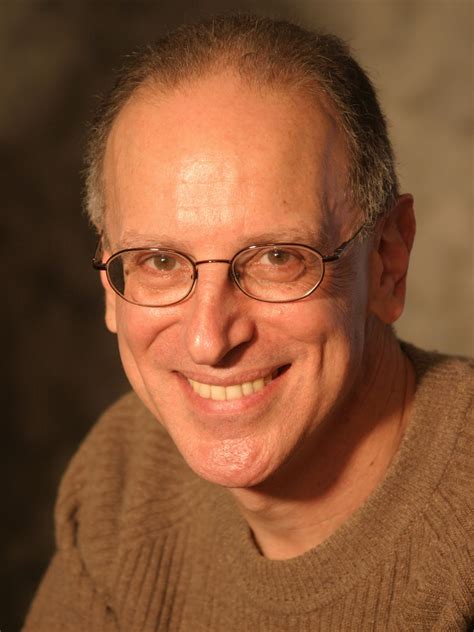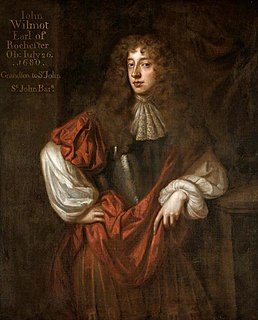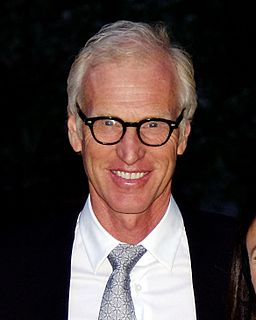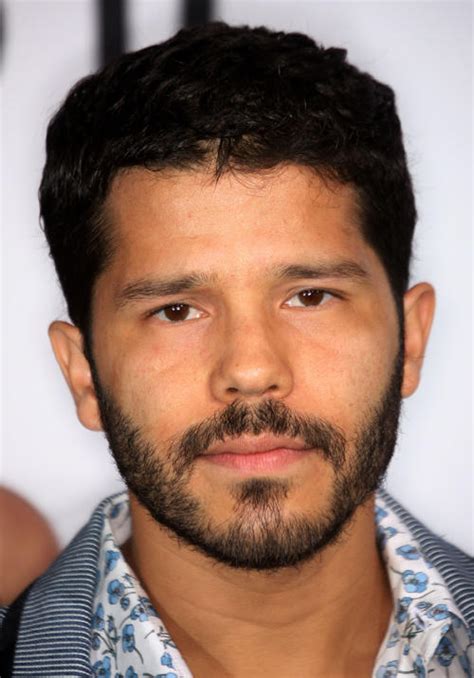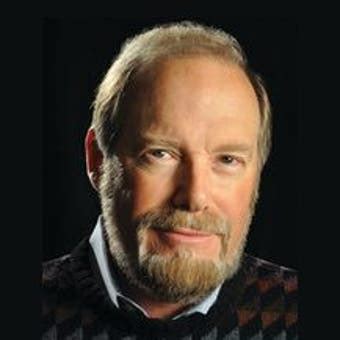A Quote by Henning Mankell
For me Oliver Twist is a political novel. It is a furious critique of the treatment of orphans and poor children who were forced to spend their early lives in ghastly institutions.
Related Quotes
It is very seldom that any one is in prison for an ordinary crime unless early in life he entered a path that almost invariably led to the prison gate. Most of the inmates are the children of the poor. In many instances they are either orphans or half-orphans; their homes were the streets and byways of big cities, and their paths naturally and inevitably took them to their final fate.
I knew early on that I wanted to be a reporter, but I didn't know I was a political journalist until my first job in Boston, in the '70s, covering the public school committee at a time when busing was a huge issue. Children's lives were being directly affected by political decisions, and that's when I realized that everything is politics.
When a man is forced into early retirement, he is often being 'given up for a younger man.' Being forced into early retirement can be to a man what being 'given up for a younger woman' is for a woman... Why do many men get more upset by retirement than women do from the empty nest when their children leave home? When females retire from children, they can try a career; when a man retires from a career, his children are gone.
In China, I witnessed forced abortions and forced sterilizations performed on women who were told that the children they were carrying were 'illegal'. I went with them when they were arrested and remained with them as they were subjected to mind-bending psychological torture. And I accompanied them as they went in tears to the local clinic to have their pregnancies aborted.



